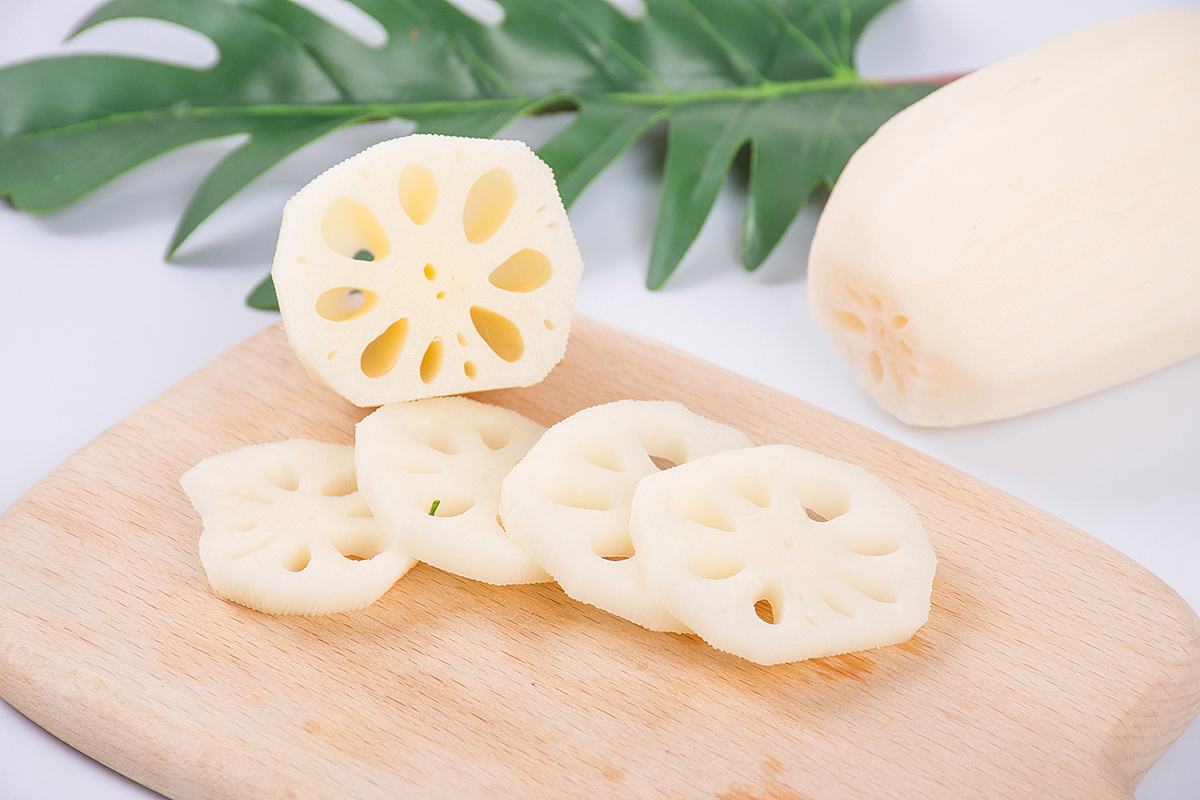Problems that need to be overcome in the deep processing of lotus root food equipment
In August, a lot of lotus roots will be on the market, and foodies will have a good time. It is said that a young man from Jiangsu has also developed more than 50 kinds of lotus root food, opened a restaurant specializing in selling lotus root food, and built a lotus root flour factory and a central kitchen this year to test deep processing.
Indeed, the common thing of lotus root is full of treasures, edible and medicinal. The dried lotus leaves can be used to make tea, the lotus roots can be enjoyed when they bloom, and the blossoms turn into lotus, which is delicious, and the mature lotus roots can be used in vegetables. There are many places in the country suitable for planting lotus root, and the industrialization of lotus root will lead the village to embark on the road to prosperity.
Hubei, China is rich in lotus root, which is one of the Eight Immortals of Water. It is understood that the planting area of lotus root in Honghu Lake, Hubei is 210,000 mu, with a total output of 300,000 tons. Since 2018, Honghu has built a regional public brand "Honghu Lotus Root" in an all-round way by relying on the four national geographical indications of "Honghu Lotus Seed", "Honghu Lotus Belt", "Honghu Lotus Root" and "Honghu Lotus Leaf Tea", and established a lotus root industry development reward system. Promote the "one after another" of lotus roots in Honghu Lake, and cultivate and strengthen the whole industry chain of lotus roots. Huagui Food Group has renovated and expanded 6 lotus root deep processing production lines, developed more than 60 kinds of products such as soaked lotus root tape, bagged lotus root soup, wild lotus juice, lotus leaf coffee, etc., with an annual output value of 1.8 billion yuan, becoming the leading enterprise in the national lotus industry. Liancheng Company and Huazhong Agricultural University jointly developed instant lotus root starch, breaking the cumbersome bottleneck of traditional lotus root starch brewing and making it as convenient as brewing milk tea. The monthly sales volume of lotus root starch products is as high as 700,000 cups.

According to industry insiders, the deep processing of lotus root must first overcome the problem of fresh-keeping lotus root, which is easy to oxidize and deteriorate. To overcome the difficulty of fresh-keeping lotus root, the first step is to start a supporting cold chain construction project to ensure the storage environment and timeliness of fresh lotus root. The development of lotus root deep processing industry has also driven the construction of nearby cold storage. Hubei Jiazhen Agriculture was officially completed and put into production in 2015. It is a modern enterprise focusing on the "one-stop" process of lotus root cultivation, acquisition, initial deep processing and sales. More than 20 varieties in 12 series. In 2017, Jiazhen Agriculture built the first quick-freezing warehouse to store quick-frozen lotus root clips and lotus root balls. In 2018, it built three 100-ton assembled refrigerators to store fresh lotus roots, lotus root strips and pre-packaged processed products. With the continuous increase of lotus root processing volume, the company has successively expanded the cold storage project in 2019 and 2020. At present, the cold storage volume has reached 1,050 tons, which greatly improves the fresh-keeping time of lotus root and ensures that processed products can be continuously processed throughout the year. file sales.




